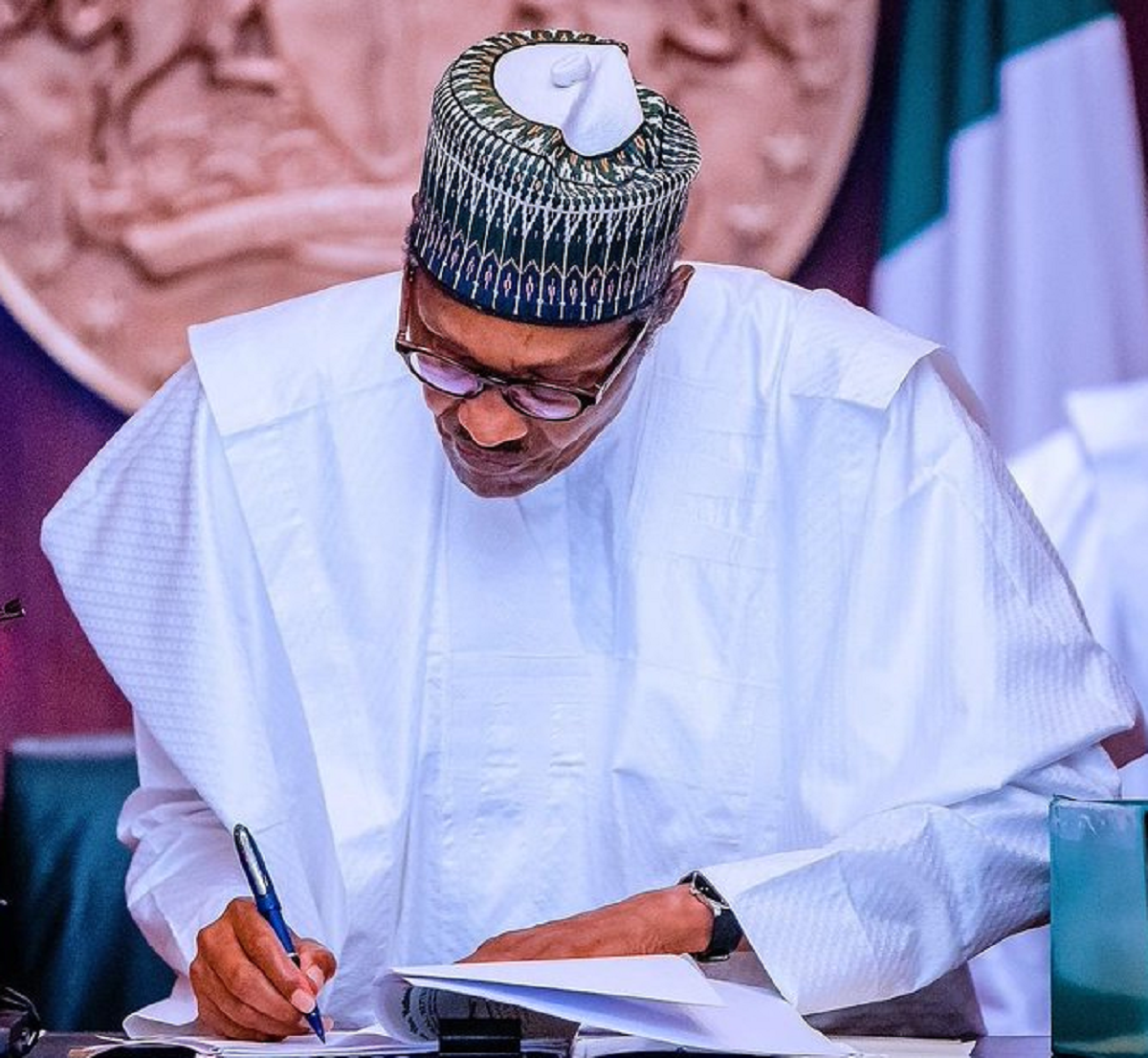FG has moved to end Presidential Amnesty Programme.
Newsonline reports that the Federal Government has concluded plans to terminate the Presidential Amnesty Programme in May 2023.
One of our correspondents gathered that the office of the National Security Adviser had directed the Interim Administrator of the Amnesty Programme, Major General Barry Ndiomu (retd.), to commence the process of winding down the programme.
Nigeria @62: Keyamo, Reno React To Peter Obi Supporters Rally Across Nigeria
Ndiomu, who was appointed about two weeks ago, replaced the former PAP head, Milland Dikio, although no reason was given for his unceremonious removal which was announced in a statement by a presidential media aide, Femi Adesina.
The Presidential Amnesty Programme was established by President Musa Yar’Adua’s administration in 2009 as part of the government’s measures to reduce militancy in the oil-rich Niger Delta region.
It was reported that 30,000 former militants had been enrolled on the programme with over 65 per cent of participants said to have been successfully reintegrated.
Despite reportedly gulping over N5 billion monthly, international development consulting firm, Nextier Security, Peace and Development said the PAP had failed to address the various challenges that necessitated its establishment.
The firm, in a report released in 2020, explained that the programme was taking a heavy toll on the revenue of the Federal Government while rewarding militancy and aggressiveness in the oil-rich Niger Delta.
However, multiple sources said Ndiomu had been directed to shut down the programme within eight months.
He was said to have disclosed this to the PAP members of staff during a meeting last week.
A source said, “The interim administrator informed the (member of) staff during a meeting that the ONSA has directed him to wind down the amnesty programme within eight months. In essence, Ndiomu was appointed as the undertaker of the amnesty programme. The workers were shocked and sad to hear the news.
“But there is no justification for the decision because a similar programme to rehabilitate displaced persons in the North has not been shut down. So, why should they shut down the amnesty programme which is empowering many Niger Deltans? This is unacceptable and may spark another round of unrest in the region.’’
Another source observed that the scrapping of the amnesty programme was not acceptable to the Niger Delta region, saying the fact that the government awarded a N4.5 billion pipeline protection contract to a former militant leader, Government Ekpemopolo aka Tompolo, was not a tenable reason to end the programme.
But reacting to the development, the President of the Ijaw National Congress, Prof Benjamin Okaba, argued that the government should ‘’re-strategise the programme’’ rather than end it.
The Ijaw leader admitted that the rehabilitation phase of the amnesty programme had not been fully achieved while the training aspect had successfully produced many beneficiaries.
Okaba, however, said whatever failure had been identified should be blamed on those who were in charge of its operations, insisting that the programme itself did not fail.
According to the INC leader, the disarmament of the militants was one part of the programme that had run smoothly, adding that the rehabilitation phase posed the greatest problems.
Okaba stated, “What I’m saying is that the amnesty programme itself did not fail, it is the operators of the programme that failed. The intentions of (former) President Yar’Adua in putting together the programme was to address the fundamental developmental question in the Niger Delta.”
‘’So, if they want to scrap it, what is the alternative to the amnesty programme? Now that there is no alternative to the amnesty programme, I think the best option is to re-strategise.”
When contacted for a reaction on Saturday, the PAP spokesperson, Ms Donu Kogbara, promised to respond on Tuesday but when asked to provide an immediate response, she said, “If you are keen to wrap this up quickly, let me see whether I can talk to the interim administrator later tonight or tomorrow,” in a text message.
The Head, Strategic Communications, ONSA, Zakari Usman, did not respond to calls and a text message sent to his phone on Saturday.














